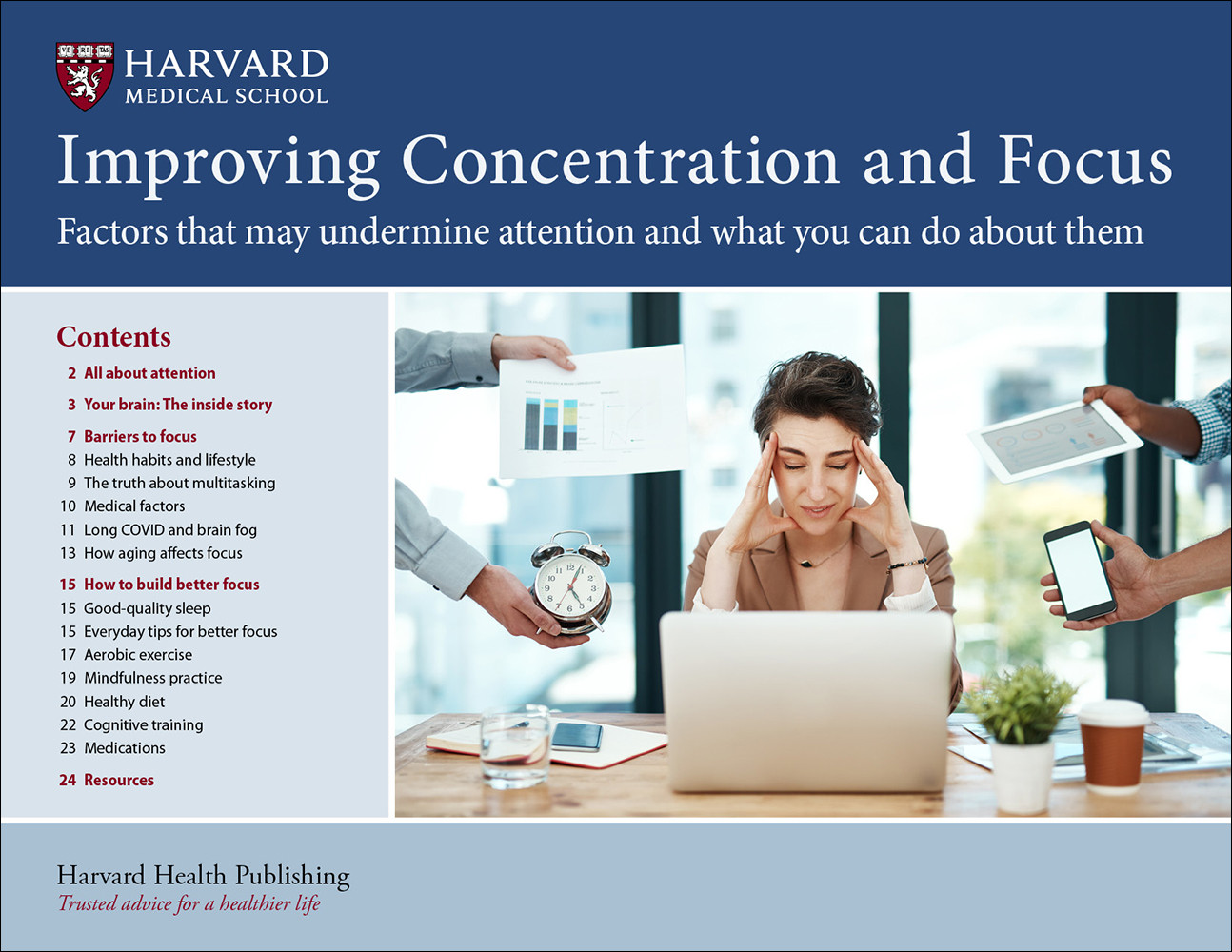The truth about multitasking
“I’m an excellent multitasker.” This familiar boast can be heard from people who pride themselves on their productivity. Indeed, developing an aptitude for doing several things at the same time seems like an ideal solution for managing the endless flow of information that comes our way daily. But this strategy may not be as successful as it appears.
Media multitaskers claim they can seamlessly engage in numerous mental processes at the same time, such as reading emails while shopping online or using the phone while driving. Neuroscientists, however, are not so sure. The prevailing understanding of human cognition holds that the brain can process only one string of information at a time.
Scientists surmise that high multitaskers are unknowingly spreading their attention over a large scope of information and switching their focus back and forth between tasks. This observation has been supported by studies using functional magnetic resonance imaging (fMRI) that highlight increased brain activity in specific regions while switching between tasks. These images showed that the act of jumping from task to task took a greater toll on brain power than focusing only on one task.
Researchers also investigated the premise that high multitaskers might be able to retain more information in working memory than most people. However, subsequent studies showed that heavy media multitaskers performed worse on tests of working memory even in the absence of external distractions. These deficits in working memory ultimately lead to problems encoding information into longterm memory.
Particularly striking is the effect that driving and talking on a cellphone—a form of multitasking—has on driving ability. Using a driving simulator, researchers found that drivers talking on a cell phone—even a hands-free device—were slower to step on the brakes and were involved in more simulated traffic accidents than intoxicated drivers.
Ultimately, habitual multitaskers appear to have trouble navigating among multiple threads of information. Therefore, they are less able to screen out distractions to focus on the material that’s relevant to their goal













